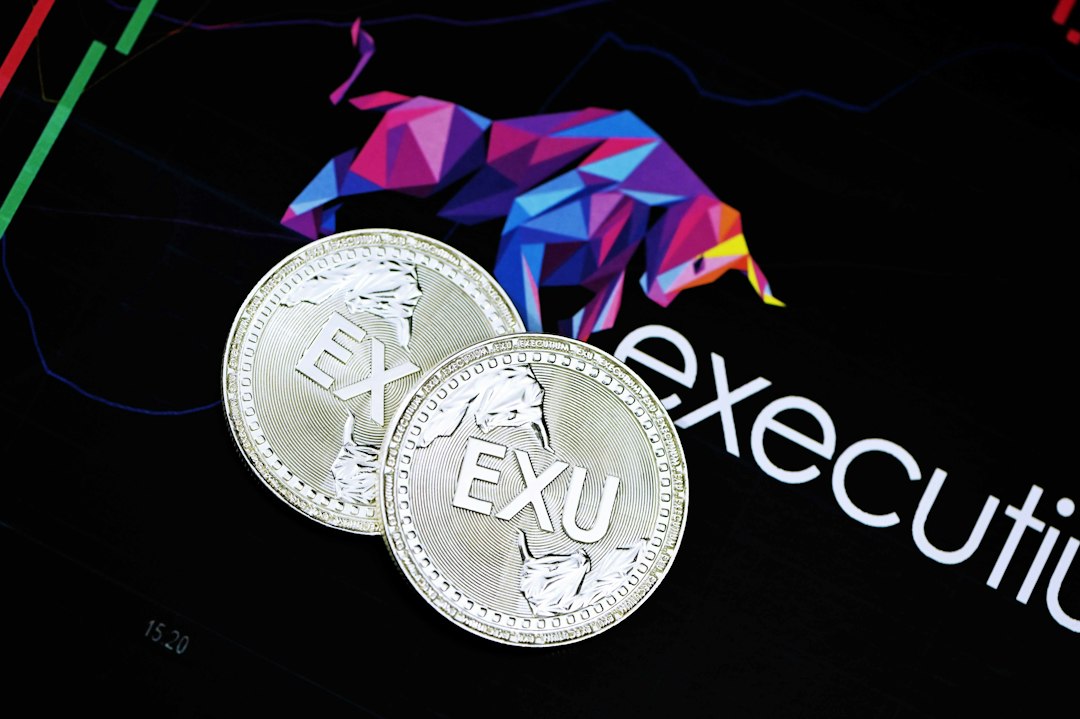The Future of the Digital Euro and Private Payment Solutions
The deputy governor of the Spanish national central bank, Margarita Delgado, believes that the digital euro will play a significant role in the development of pan-European payment and financial services. She envisions that this will make Europe’s financial system more competitive with non-European solutions. Meanwhile, Central bank digital currencies (CBDCs) are gaining popularity worldwide, with around 130 countries exploring their implementation. However, regulators need to find a balance between avoiding mishaps and allowing widespread utilization of CBDCs. While some, like U.S. congressman Warren Davidson, oppose CBDCs, Governor Margarita emphasizes that the digital euro aims to avoid exclusion of citizens and any restrictive programming.
Main breakdowns:
– The digital euro is expected to enhance private sector development of pan-European payment and financial services.
– CBDCs are gaining popularity globally, with around 130 countries exploring their implementation.
– Governor Margarita believes that the digital euro will make a difference in the payment solution landscape, avoiding exclusion and imposing restrictions on goods.
– Some, like U.S. congressman Warren Davidson, demand a ban on CBDCs, while Governor Margarita emphasizes inclusivity and non-restriction.
– The adoption of digital euro and CBDCs is up for debate, with some viewing it as monetary innovation and others as a gateway to state control.
Crypto Adoption in Spain
Spain has recently experienced significant cryptocurrency adoption, ranking 22nd internationally. Bitnovo, a Spanish cryptocurrency company, found that cryptocurrency is the country’s second-most-used payment method. A research report reveals that 60.7% of citizens invest in cryptocurrencies for the long term, 35.7% for making payments, 21.4% for short-term speculation, and 17.9% out of curiosity. As conflicting views on CBDCs persist, Spain’s crypto regulations appear less rigid, which may contribute to the country’s adoption of digital assets.
Hot Take
The future of the digital euro and the adoption of CBDCs are topics of great importance and ongoing debate. It is clear that while some countries, like Spain, are embracing cryptocurrencies, others voice concern and demand restrictions. The success of the digital euro will depend on its ability to enhance the private sector’s development of payment solutions while ensuring inclusivity and avoiding restrictions on goods. As CBDCs continue to gain traction globally, finding a balance that benefits both the economy and the citizens will be crucial.





 By
By
 By
By

 By
By

 By
By